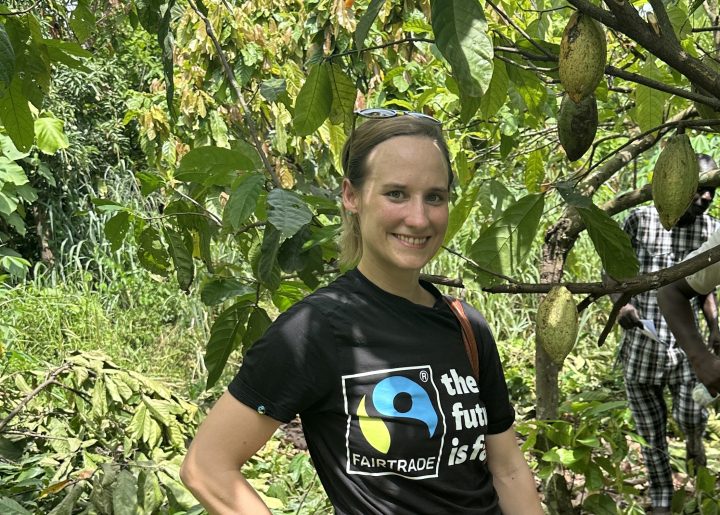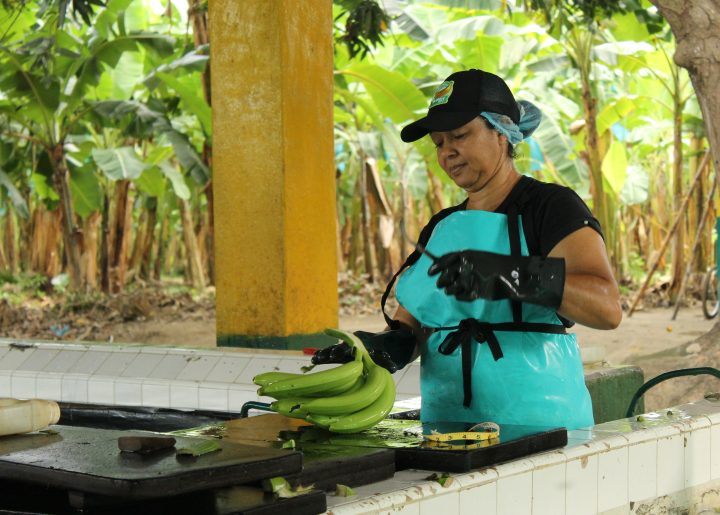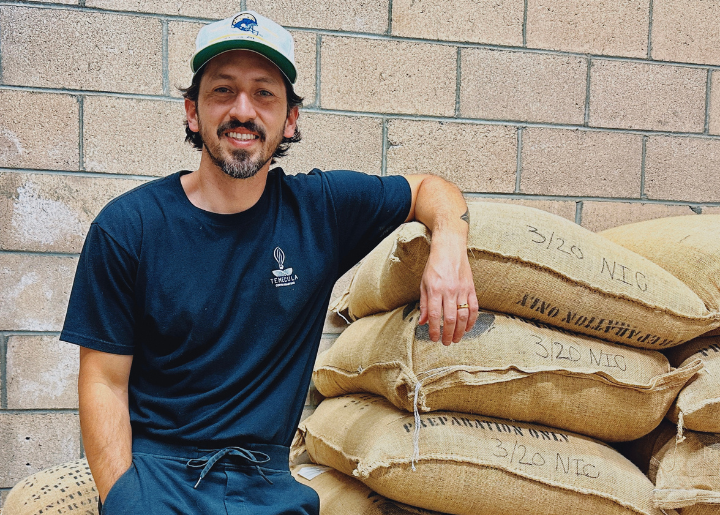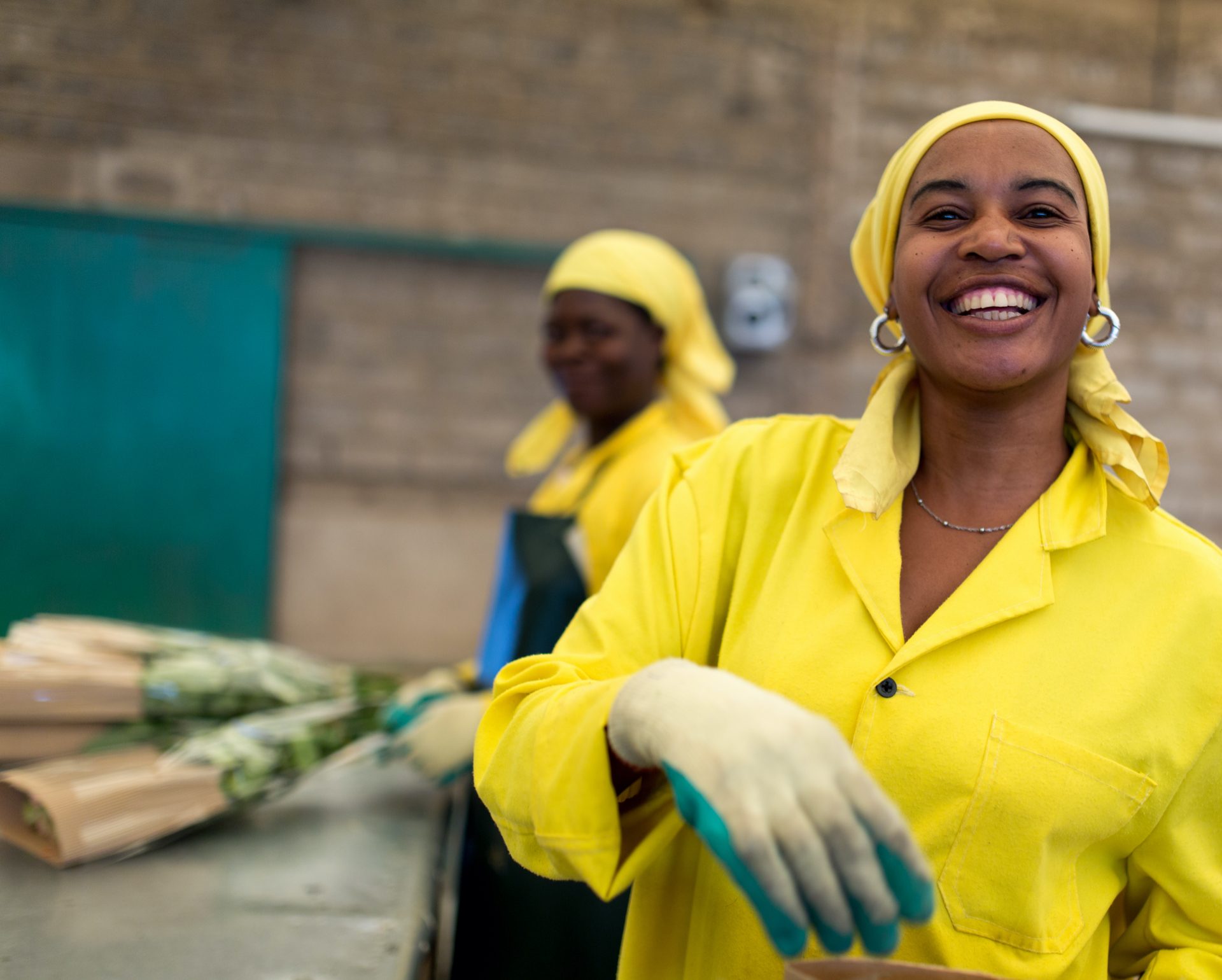Are Your Small Batch Coffee Beans Special?
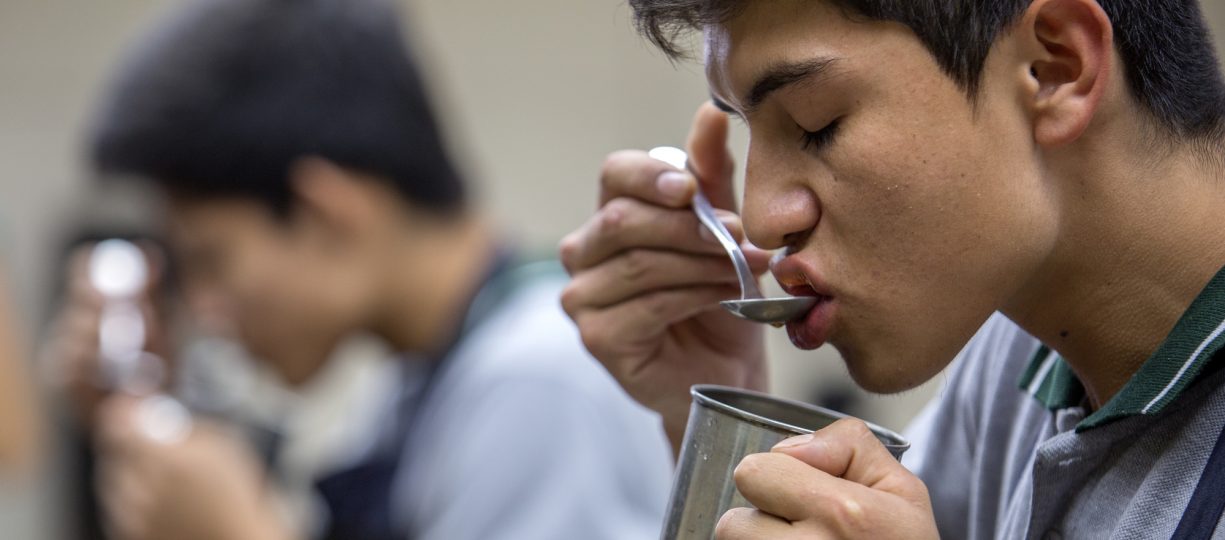
Hints of clove, a syrupy mouthfeel, blueberry notes – the language around specialty coffee is as complex as the beverage. What makes your small batch coffee beans special?
Every April, thousands of coffee lovers gather for the Global Specialty Coffee Expo, the world’s largest coffee conference. We’ll be among them meeting with Fairtrade farmers, traders, companies and manufacturers who all converge to talk coffee and enjoy the world’s finest.
We’ve all stepped into a coffee shop and been confronted by detailed descriptions:
- Sweet green apple with a silky body, long finish and notes of vanilla, raisin and peach
- Rich notes of chocolate and spice with a syrupy mouthfeel
- A heavy cup with Burgundian fullness, alive with fruit, smoke and earth notes
- At times, it can be intimidating. I just want a cup of coffee! Can one coffee really contain all of that?
Taste the rainbow
For a long time coffee was a simple commodity. Roasted dark, sold cheap and chugged throughout the day. The term ‘specialty coffee’ was first coined around 1974 by Erna Knutsen, a luminary in the coffee world. What Erna knew and pushed forward was an appreciation for coffee’s potential. Since that time, specialty beans have become a major force in the US representing 55% of the coffee market share.
A coffee is ranked as specialty when it scores 80 points or higher on a 100-point scale according to the Specialty Coffee Association. This is determined by cupping, the way coffee professionals evaluate and compare coffees.
To newbies, cupping seems a strange ritual – people with deep bowled spoons in hand circle a table set with fresh brewed coffees and dip down to sniff, using the spoon to quickly slurp a small sample (and then spit it out).
This is usually the stage where a coffee is anointed with those flowery descriptions. Coffee far outshines wine in the number of aromatics and flavors, which is why cuppers rely on the SCA’s Flavor Wheel, a detailed mapping of vocabulary to use when describing and ranking coffee.
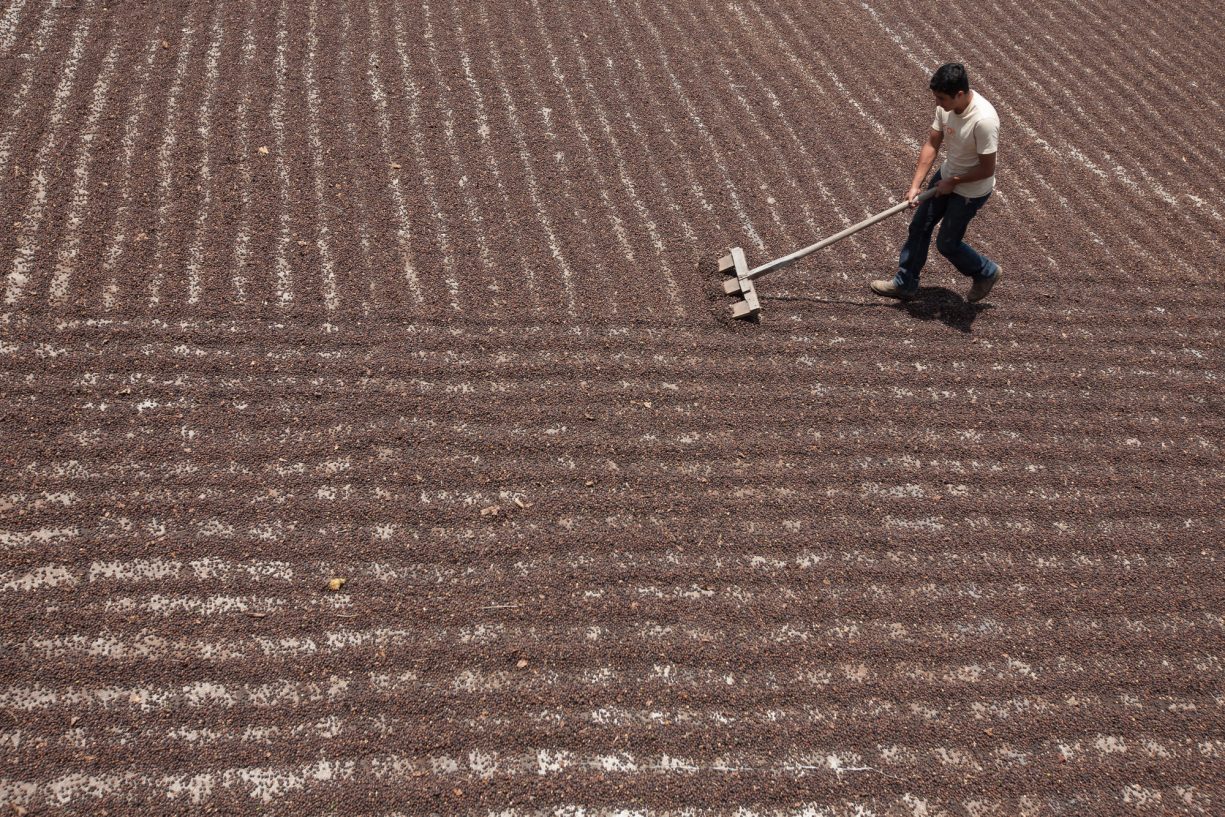
But ultimately it’s the farmers
Though most coffees get their specialty badge at the cupping table, the fact is that every coffee is special, no matter the quality. Coffee depends on the skill and care of farmers – hands in the ground, nurturing life from a small seed – and lot of hard work goes into just getting those beans to the cupping table.
The majority of the world’s coffee is produced by 25 million small-scale farmers – meaning farmers working 5 acres or less (the average Fairtrade farmer works just 3.4 acres of land). Many of these farmers are dependent on coffee to support their families and entire communities rely on the once-a-year harvest.
As the market for specialty coffee grows, it’s important to make sure farmers receive prices that not only allow them to survive, but to support their families and invest in improving their businesses so we can continue to enjoy ‘special coffees’. This why Fairtrade farmers value the Fairtrade Minimum Price that protects them from volatile markets and the Fairtrade Premium, which allows them to invest money in their communities or their businesses.
Check out some great Fairtrade coffee brands on with our partners at Barnraiser.
Extra Credit
If you want to get really detailed, check out this short video with Joe Marocco of Café Imports, an importer of specialty coffees based in Minneapolis.
Topics
We’re in this together
Fairtrade America partners with brands on the journey to certification and beyond. We can help with everything from finding a certified supply chain to marketing your newly certified product.
Get in Touch
